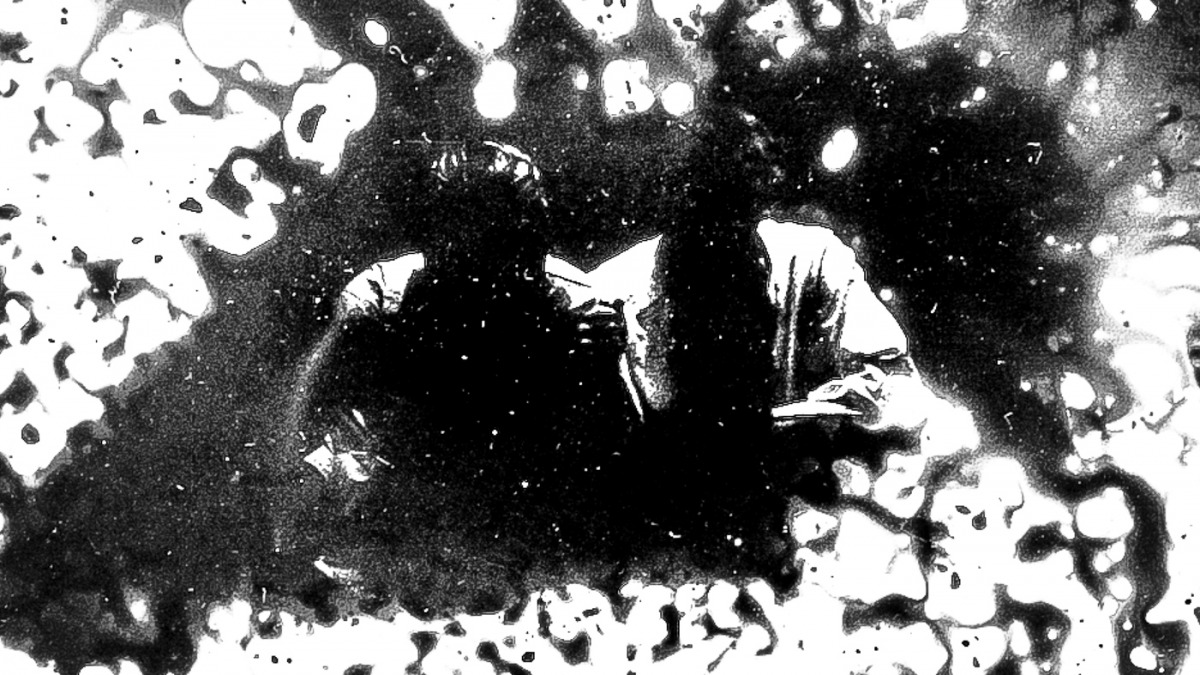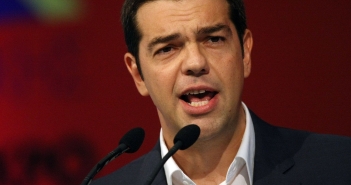In light of recent developments, not least, the announcement of Michael McGrath as the next EU Commissioner, it is timely to look again at the infernal plight of workers of conscience – those noble people who blow the whistle on wrongdoing, and who strive to keep a corroded system from descending further into the abyss.
Until 2022, Michael McGrath was Minister for Public Expenditure, National Development Plan Delivery and Reform (referred to henceforth as DPER). Under his Ministry, new EU protected disclosures legislation of 2014 was advancing, and also EU Directive number 2019/1937 of the European Parliament and of the Council of Europe of 23 October 2019 was set to be transposed into Irish law.
The provisions of this Directive give significant further protection to persons who expose breaches in EU law as provided for in the Irish Protected Disclosure Amendment Act 2014. The aforementioned EU Directive was only finally transposed into Irish law in January 2023 and the new Act became known as The Protected Disclosure Amendment Act 2022.
This provision was, however, effectively sabotaged long before it was transposed, and Minister Michael McGrath was central to that. The entire Protected Disclosure Act is under the remit of DPER.
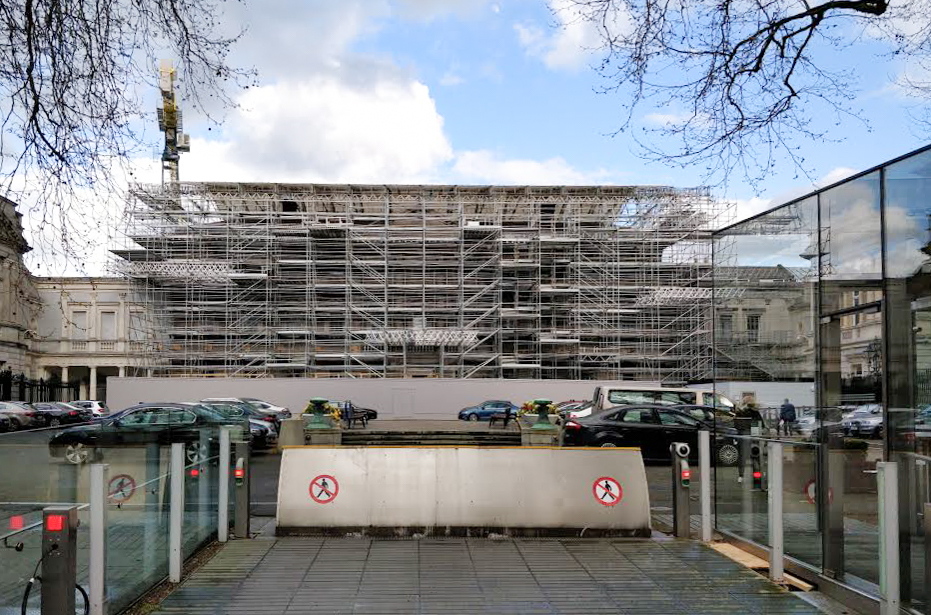
Cynical Collusion
The now sinister OPLA – Office of the Parliamentary Legal Advisor was exposed on these pages before in November 2022 and again in March 2023. Its rapid expansion appears to have been in anticipation of the significant effectiveness of this EU Resolution on Protected Disclosures to stem corruption and protect whistleblowers. Two things happened to neutralise and sabotage this EU provision before it was transposed:
- The vast expansion of OPLA involved OPLA being placed, unconstitutionally, on the statute books in December 2018, just as the Dail was rising for its Christmas recess. It occurred with no committee stages, or debate. This was in defiance of the Dunning Capacity Report, into OPLA which was not sent back to the sub-committee on Dail reform for consideration in December 2016 by the Dail Clerk who received it from Dunning. Thus, Dunning’s report was effectively suppressed. The integration of the OPLA into the Houses of the Oireachtas as rank-and-file civil servants, under the Dail clerk (a civil service appointee) in the Executive Arm of Government, is, as pointed out, a violation of the constitutional Separation of Powers. The discovery that OPLA was secretly involved in the investigation of Protected Disclosures in defiance of the provisions of the Act since 2013, and that it was all set to escalate as per Dunning, exposes a sleight-of-hand to virtually cut the legs out from under whistleblowers, striking a lethal blow at an integral part of democracy.
- The unlawful appointment of the Ombudsman by the civil service body – the PAS (Public Appointment Service) – is a violation of the Ombudsman’s Act 1980, and subsequent amending acts. The Ombudsman Act specifically disallows the Ombudsman from being appointed by the civil service. The Ombudsman was also appointed as Commissioner for Protected Disclosures, another canny moved within DPER while Michael McGrath was Minister. The Ombudsman knew full well that the OPLA – since 2018 a civil service body – was already involved in the investigation of Protected Disclosures since 2013, and that this was considered the main area of “growth and challenge for OPLA.”
I have been in email contact with the CEO of the PAS about this unlawful appointment of the Ombudsman. I accused her of stepping outside of her remit in the appointment of the Ombudsman and pointed out that the Ombudsman’s Act 1980 specifically excluded it as a civil service appointment. To this she replied that it was done by PAS as “sanctioned” by the then Minister, Michael McGrath.
He has no power to unilaterally alter legislation. The competition for the Ombudsman’s job was held by the PAS in August 2021, when the Dail was in recess and during the holiday season. The only Irish applicant was Ger Deering. On the appointment board was David Moloney, SG in DPER who was central to the entire legislation, as it was progressing at Committee stages in the new Protected Disclosures Act. David Moloney merely continued what Robert Watt, whom he replaced, had commenced.
Both David Moloney and the Ombudsman appeared before the Finance Committee, which was responsible for the deliberations into the Protected Disclosures legislation, and which met several times in 2021 and 2022 to discuss the enhanced the Protected Disclosure Bill 2014, and the EU Directive about to be transposed.
David Moloney effectively misled the Finance Committee in failing to inform the Chair and members that the PAS, with the apparent collusion of Minister Michael McGrath, after unlawfully taking over the appointment of the Ombudsman, whom it was also decided would become the new Commissioner for Protected Disclosures.
Ger Deering’s appointment is a Constitutional one, and it thereby had to be ratified by the Dail before he went to the Aras to get his seal of office from the President. Mr Deering appeared before the Finnance Committee and made a speech on his appointment in December 2021 for the purpose of his appointment being ratified by the Oireachtas.
I contend that Deering also misled the Committee, whose members and Chairman seemed to have been unaware that the Ombudsman should not have been appointed by the civil service body – the PAS – by law. Deering knew that he would be using the unconstitutional OPLA as new Commissioner for investigating Protected Disclosures, but he never revealed that at the Finance Committee despite the fact that John McGuinness, the Committee’s chairman, discussed the plight of whistleblowers with him fairly extensively and name checked a number of better known ones.
McGuinness and his committee approved Deering’s appointment on behalf of the Oireachtas and he duly went to the Aras to receive his seal of office from the President.
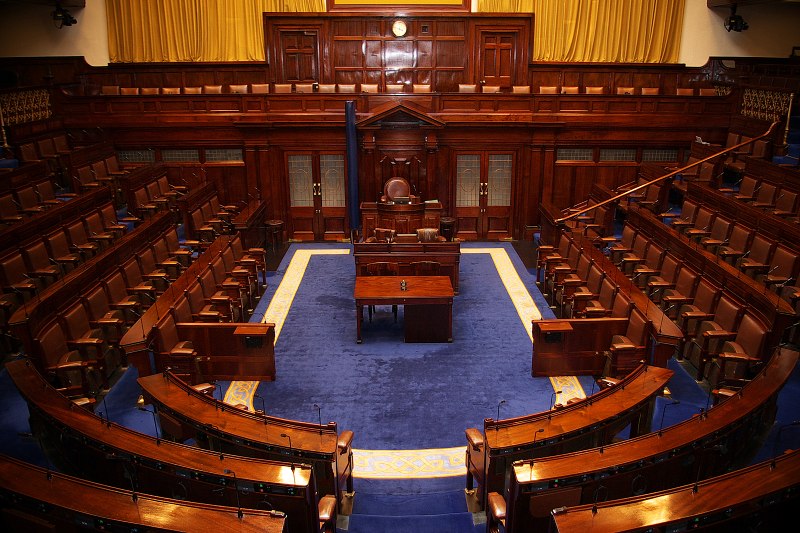
Whistleblowers – The Walking Wounded
The dual strategies of the newly expanded OPLA – an unconstitutional entity since 2018 – and the sabotage implicit in the appointment of the Ombudsman utterly neutralised the provision of the EU Directive on Protected Disclosures, even before the full transposal of the EU Directive in January 2023.
It was all done by DPER under Michael McGrath as Minister. The senior civil service have dealt a mortal blow to democracy, with full ministerial collusion and, above all, have commenced the ongoing campaign against whistleblowers – the walking wounded in a deeply corrupt system.
In 2022, at a meeting of the Finance Committee, which McGrath attended with his senior civil servants, including David Moloney, and where a number of whistleblowers were also present, the civil servants backed by McGrath managed to get the provision of the EU Directive on PDs known as ‘The Presumption of Causation’ excluded from the EU Directive as transposed.
This had provided for the presumption of victimization of a whistleblower, who reports wrongdoing without the whistleblower having to prove victimization is as a result of whistleblowing. This, of itself, was a significant blow to the effectiveness of the EU Directive.

Democracy Under Threat
Democracy depends on five major planks:
- A free, robust and independent press.
- A free and independent judiciary.
- A robust and independent police force.
- Robust whistleblower legislation.
- A functioning democratic parliament where issue of major public import can be raised under privilege.
The combined forces of the OPLA and the unlawfully appointed Ombudsman has dealt a direct, mortal blow to at last three of the five planks listed above. OPLA is unlawfully involved in Protected Disclosures and in the Workplace Relations Commission (WRC) and the Labour Court – both courts are subordinate to the High Court and a significant number of whistleblowers prosecute their claims, or aspect of their claims, in the WRC/Labour Court.
Above all, OPLA has dealt an absolute mortal blow to the Dail itself. Arguably it has paralysed our parliament: there are numerous examples of OPLA muscling in, in a very heavy handed way on Dail Committee, especially in cases brought under privilege by whistleblowers to the Committees.
The Committee Chairpersons are gormlessly allowing this, and are being bullied by the Committee Clerks who, in turn, are taking their instructions from the Dail clerk, Peter Finnegan, himself the chief architect of the draconian new OPLA in December 2018.
In a case I had with the CPPO Committee, the OPLA took over the case from its clerk designate. I pointed out to the head of OPLA that no Standing Order (SO) of the Oireachtas allowed for it and asked what allowed it. I received no reply from Melissa English, the Chief Parliamentary Legal Adviser, whom I have accused of unlawfully and unconstitutionally trespassing into the sacrosanct area of the Oireachtas and the Ceann Comhairle, in a violation of the Separation of Powers, and a blow to the prudent use of Dail privilege.

Irish Prison Whistleblower Sean O’Brien. Image: Daniele Idini.
Protected Disclosure Legislation Disabled
As OPLA operates in secret in addition to its listed function in Dunning’s capacity report of December 2016 as listed below, it may well be involved with the Gardai, and indeed with media enquires as fielded by the more robust elements in the media. I know from personal experience that the Gardai co-operate with the Ombudsman, attempting to sideline one complaint of a criminal nature I made to the Ombudsman. The Ombudsman cannot investigate suspected crimes.
The table below from Dunning’s Capacity Report (Dec 2016) includes all the secret areas OPLA are involved in where they have no jurisdiction:
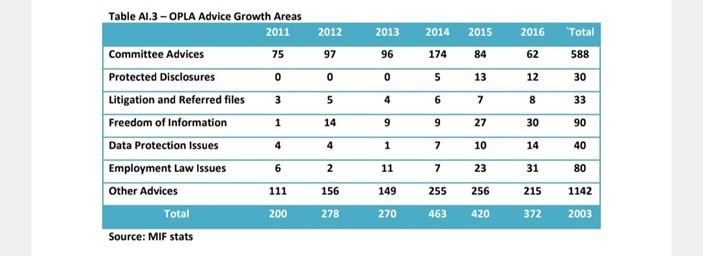
OPLA, and indeed its boss, Peter Finnegan (Dail Clerk) have no remit in at least four areas of growth as listed above. OPLA’s remit is ostensibly confined to the tripartite functions of 1) Advices to the houses of the Oireachtas and its staff, 2) Defending the Houses of the Oireachtas in Court and 3) Help with drafting Private Members Bills (PMBs). Enhanced Protected Disclosures legislation and the whistleblowers who rely on it have been taken out with military precision.

‘A Whistleblower’s Motive’ by Matthew Butterly. Image: Daniele Idini.
The Whistleblowing Industry
I have raised the OPLA and the unlawful Ombudsman appointment with John McGuinness, Chairperson of the Oireachtas Finance Committee unsuccessfully. I have also made a complaint to the Relevant Section in the EU, responsible for the transposal of the EU Directive on Protected Disclosures into Irish law, backed by a number of other whistleblowers. The EU passed the buck back to the Irish courts. As if any whistleblower can afford to go to Court!
Several whistleblowers (myself included) have appealed to mainstream media outlets to expose the OPLA in its unconstitutional reconfiguration since 2018 and its unlawful involvement in PDs. They have all refused to act.
Transparency Ireland have become a quangoistic arm of state, which now fully funds the organisation. Dr Lauren Kierans, the Maynooth academic in the area of PDs who wrote the new Protected Disclosures Act for DPER has been informed that her act was sabotaged as outlined above. She passed the buck to Transparency Ireland and is now on maternity leave.
The retaliation against and destruction of whistleblowers is all set to escalate as OPLA continues to expand. As Transparency Ireland expands too, and academic departments and units on whistleblowing mushroom in Maynooth and Galway Universities, whistleblowing has now become a lucrative industry, where everyone is well-remunerated bar the destroyed whistleblowers themselves – for whose welfare these organisations ostensibly exist.
Whistleblower, Shane Corr (where OPLA also interfered) was suspended as a Principal Officer by Robert Watt in the Health Department. Watt was himself central to the creation and the funding of the OPLA since 2018 when he was SG in DPER until replaced by David Moloney in 2021. Corr was threatened by Watt with a criminal breach of the Official Secrets Act after OPLA deemed his submissions to the PAC were not covered by privilege.
Whistleblower and very senior official, John Barrett, the Garda Head of HR according to a Village Magazine article some time ago, was subjected to tyrannous retaliation by Drew Harris for exposing the Templemore Garda slush funds scandal. He is awaiting a hearing in court. This is to name but two of an army of destroyed whistleblowers.
In a deeply compromised, dysfunctional democracy, everyone will be rewarded bar whistleblowers. The Finance Committee is in a state of paralysis and the Minister who colluded all the way, Michael McGrath becomes an EU Commissioner in circumstances where he actively incapacitated the EU’s own Directive for the protection of whistleblowers.
The irony of this cannot be overstated. What part the early announcement of his departure has to do with my rigorous challenged to the CEO of the PAS in recent days, Margaret McCabe, is anyone’s guess.
After all, the vacancy for the EU Commissioner does not arise until October. Meanwhile, whistleblowers will continue to be condemned, vilified and relegated to the ranks of public pariah, while endless amounts of public money will be thrown at the industry and the army of persons who have colluded to destroy them. Foremost among these is OPLA and the Ombudsman. According to the Law Society Gazette in July 2018 OPLA’s Melissa English believes she’s worth it. Our democracy meanwhile, which can always be measured by the treatment of whistleblowers, was never more undermined.

